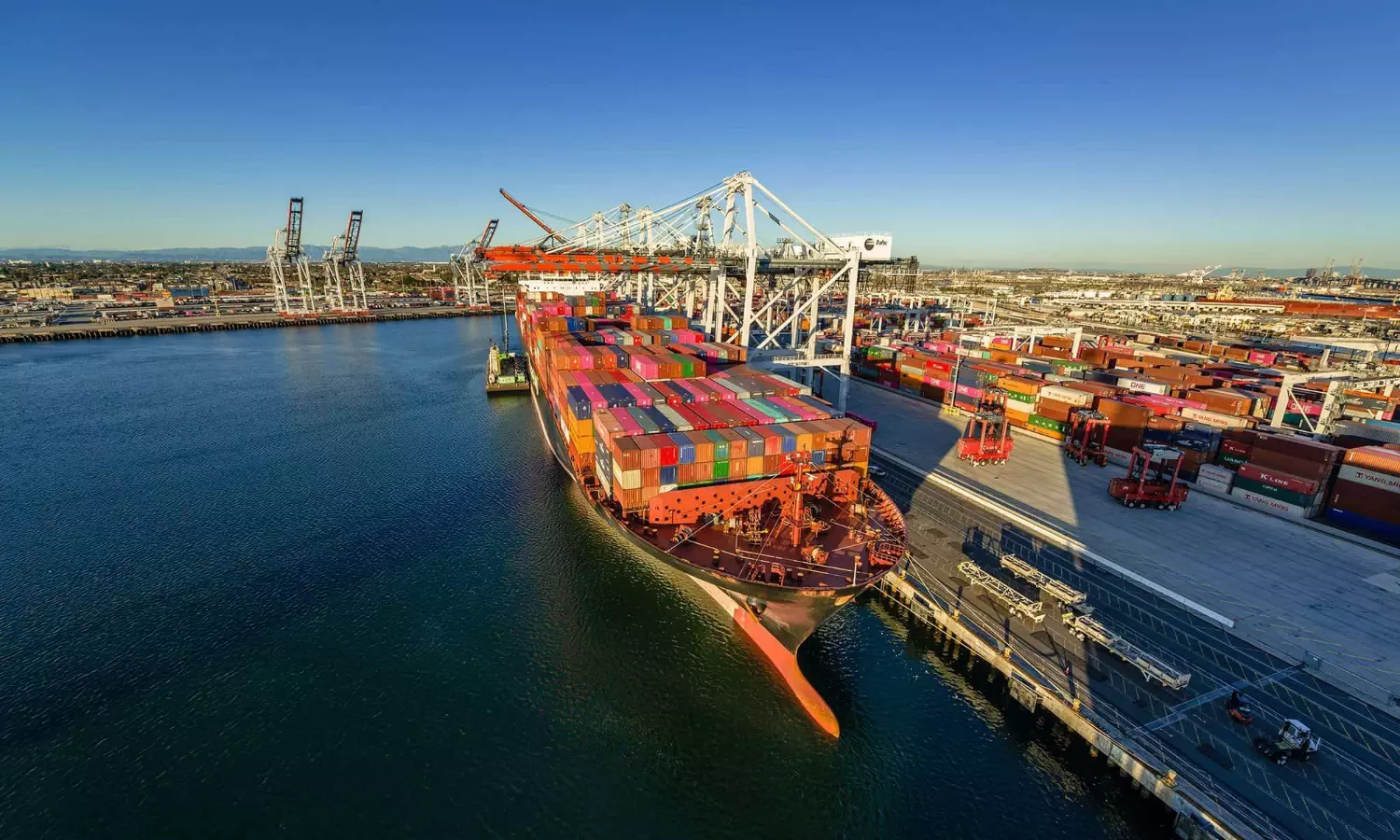Fraud in fuel market costing shipping industry $5bn
Primary issue identified was introduction of water into fuels during journey from onshore tanks to ship’s bunker tank

Over 600 vessels were disabled through fuel problems despite the fuel being on-spec (meeting specified quality standards), resulting in estimated global supply chain losses exceeding $5 billion.
More than 39 percent of global bunkers exhibited a fuel content delta of two percent or more compared to the amounts stated in their delivery paperwork, according to FuelTrust, the technology company creating a trusted and sustainable fuel ecosystem for the maritime industry.
"The primary issue identified was the introduction of water into the fuels during the journey from onshore storage tanks to the ship’s bunker tank. This problem typically involved an increase from 0.1 percent to above 0.25 percent water content, which, although below the regulated threshold, still resulted in average losses of $14,910 per affected delivery."
Bunker fuels account for more than 50 percent of a vessel’s operational expenses, meaning fraudulent practices and inadequate supply chain management can significantly affect the profitability of vessel owners, charterers and fuel suppliers, says the study. "Just this month, 11 ships lost propulsion, and over 100 ships were affected in a single incident of fuel contamination in Houston."
Jonathan Arneault, CEO and Co-Founder, FuelTrust says: “This new research across the global bunkering market emphasises the need for better transparency. By providing visibility, traceability, and security throughout the fuel supply chain, FuelTrust is improving operational efficiency, helping reduce environmental impact, and fostering trust among all stakeholders.
“As the latest contamination case demonstrates, it’s essential that ship owners, bunker suppliers and charterers can gain better insight into their fuel supply chains. Better information on the fuel we use is also a foundational block of any serious GHG reduction strategy.”
Approximately 48 percent of reported claims fall under the category of "machinery" issues, according to Protection and Indemnity (P&I) clubs.
"Within this category, around 16 percent of the claims are attributed to damage caused to the main engine due to the use of off-spec bunkers. On average, the repair costs for such damages amount to $545,000. It is important to note that the machinery claims do not encompass catastrophic incidents resulting from the loss of propulsion, often associated with fuel-related problems or long-term fuel damage. These catastrophic claims can reach multi million dollars per occurrence."
Common practices in the $245 billion maritime fuel market is causing significant financial losses, says FuelTrust. Trusted technology to enable better transparency can make transactions more cost-efficient, it added.


